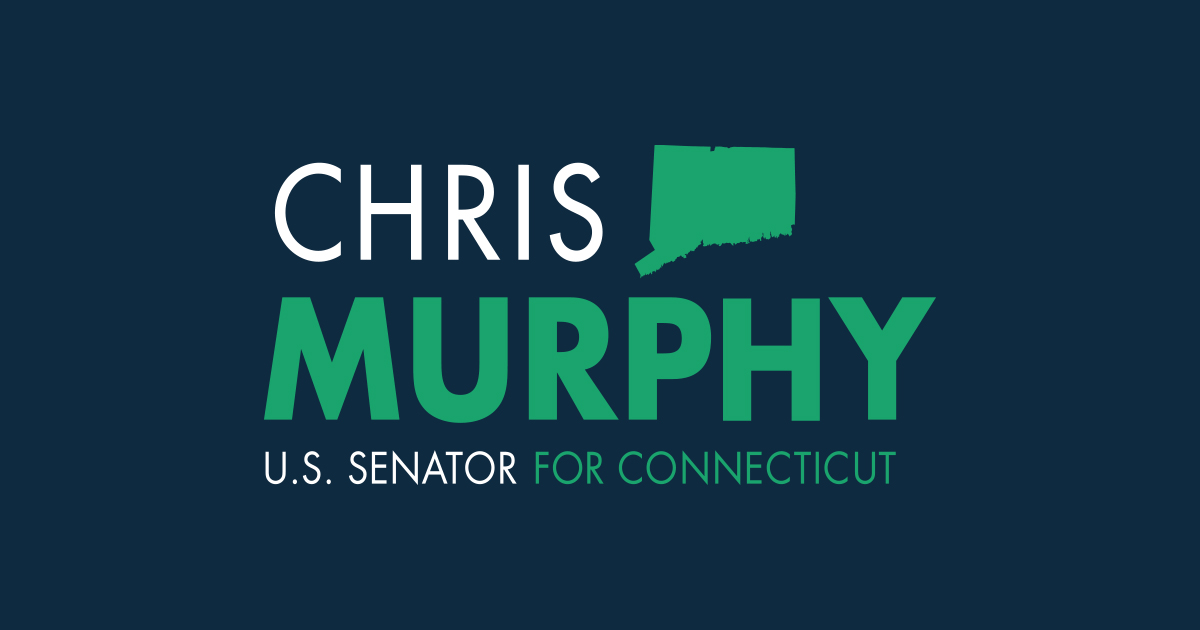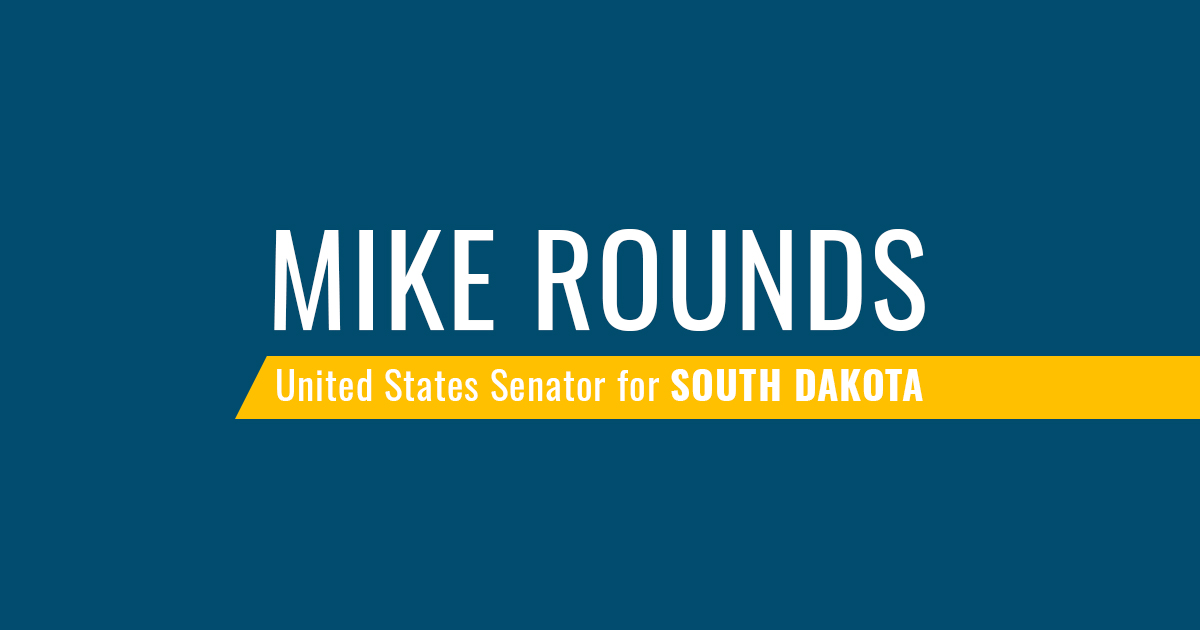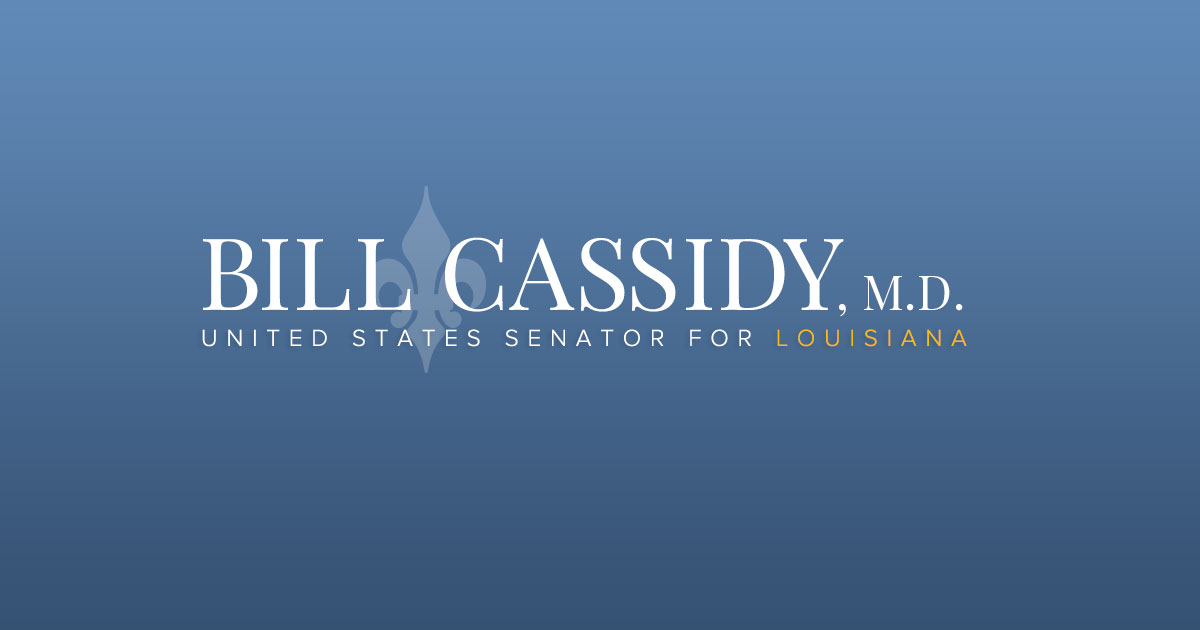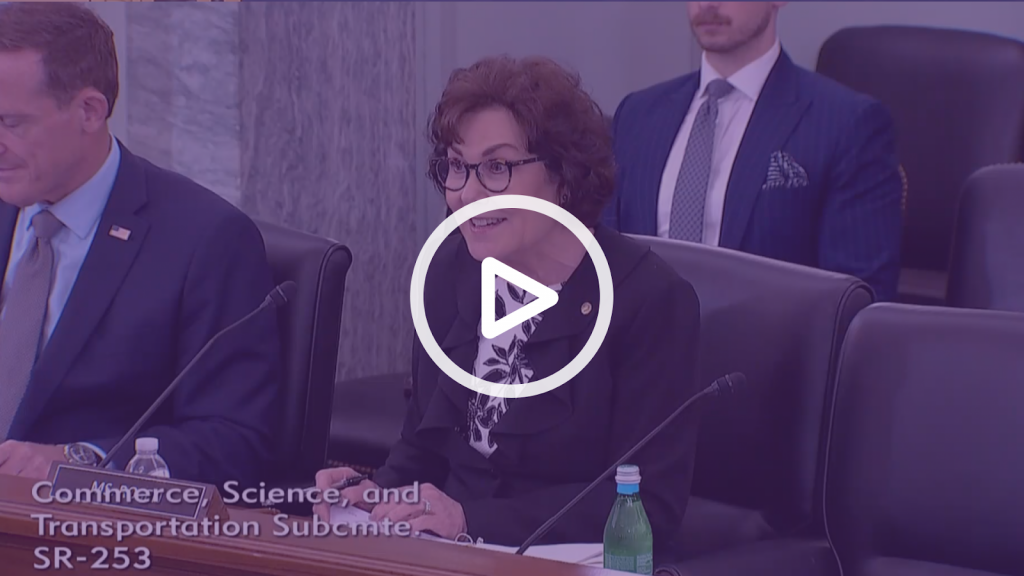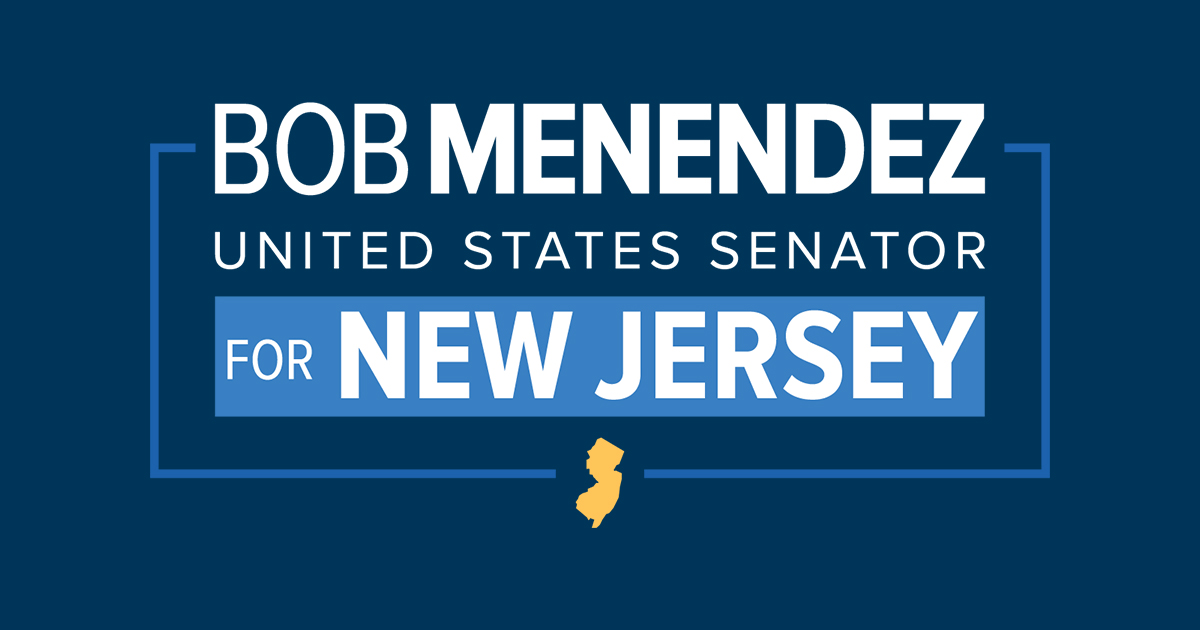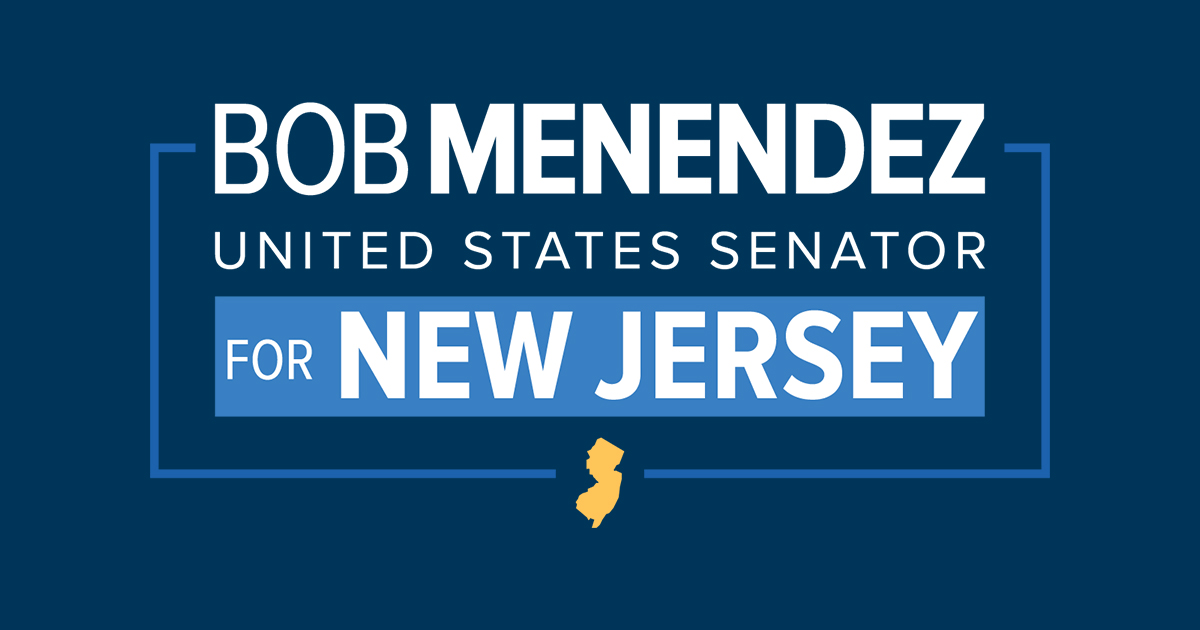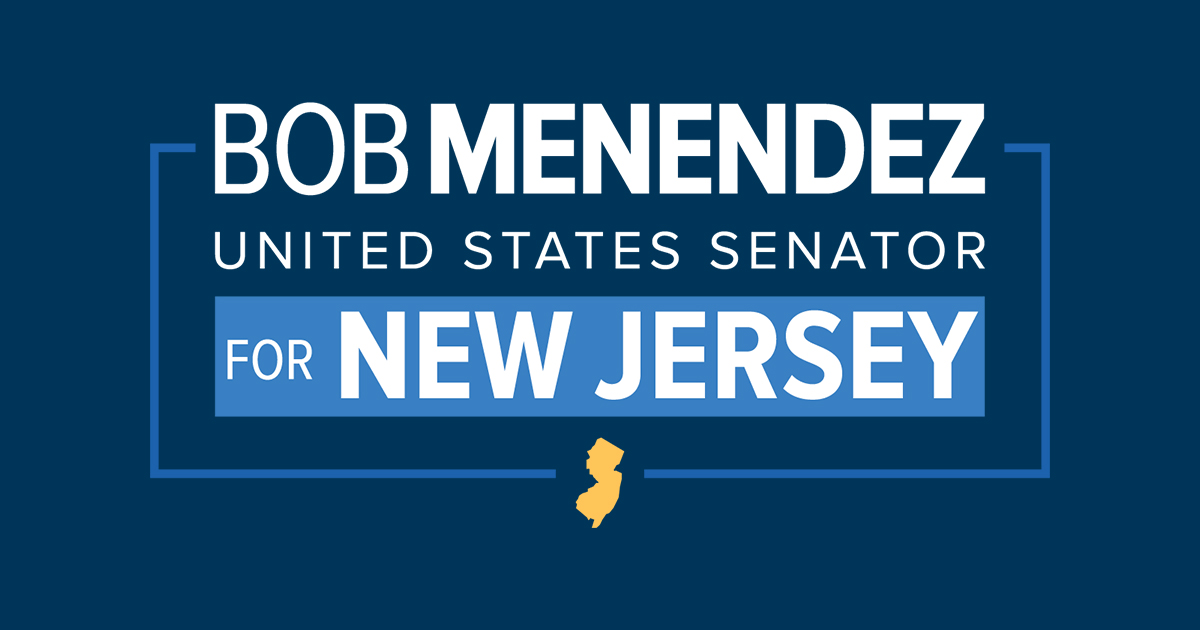Source: United States Senator for California – Dianne Feinstein
Washington—Senators Dianne Feinstein (D-Calif.), Thom Tillis (R-N.C.), Alex Padilla (D-Calif.) and Bill Cassidy (R-La.) and Representatives Doug LaMalfa (R-Calif.) and Mike Thompson (D-Calif.) today introduced the bicameral, bipartisan Disaster Mitigation and Tax Parity Act, legislation that will exempt from federal taxes rebates that homeowners receive for hardening their homes against natural disasters.
California, North Carolina and Louisiana are among the states that provide rebates to homeowners who take steps to protect their homes from natural disasters. These improvements can include removing trees, bushes and other fire-prone vegetation close to homes that contribute to wildfires, strengthening foundations to protect against earthquakes and installing fortified roofs to withstand hurricanes.
However, homeowners are required to pay federal taxes on those rebates. In contrast, rebates for energy conservation improvements are already exempt from federal income taxes. This bill would place natural disaster mitigation efforts in a similar category.
“Hardening one’s home against threats from natural disasters remains one of the best ways to mitigate damage from the increasing frequency of disasters like wildfires and hurricanes,” said Senator Feinstein. “Many states, including California, offer homeowners rebates for making these smart home improvements. Unfortunately, these rebates are subject to federal taxes. By exempting the rebates from federal taxes, our bill will make home improvements more affordable and encourage more homeowners nationwide to harden their homes.”
“Federal taxes being taken out of a North Carolina homeowner’s rebate is the last thing they should have to think about after a natural disaster strikes and they need to be made whole again,” said Senator Thom Tillis. “I’m proud to work on this bipartisan bill to provide additional relief to the North Carolinians who need it.”
“As natural disasters become more frequent and more extreme, we should incentivize, not penalize taxpayers for proactively protecting their families and homes from these disasters,” said Senator Padilla. “The Disaster Mitigation and Tax Parity Act would provide a tax exemption on state-offered rebates for homeowners who invest in disaster-related improvements, which have become all the more necessary as a direct result of the climate crisis.”
“Louisianans are all too familiar with devastating storms, but with the help of state and local programs, we have tools to recover and thrive,” said Dr. Cassidy. “Our bill gives these programs federal tax relief to aid communities’ efforts to become more resilient.”
“California homeowners do not deserve being saddled down by additional taxes just because they received funds through a State-based program. Parity between Federal and State programs is essential. It’s past time to level the playing field and ensure that our tax dollars, especially those being spent on disaster mitigation, are achieving the goals of reducing risks rather than being rerouted to Washington, D.C. in additional taxes,” said Congressman LaMalfa.
“California has been ground zero for climate-related natural disasters, and investing in disaster resilience programs is essential to the safety and security of communities throughout our state,” said Congressman Thompson. “I am proud to reintroduce legislation with Rep. LaMalfa to exempt these programs from federal taxation to ensure that our communities can make the proper investments in disaster resilience and help mitigate the risks we face from natural disasters.”
###
